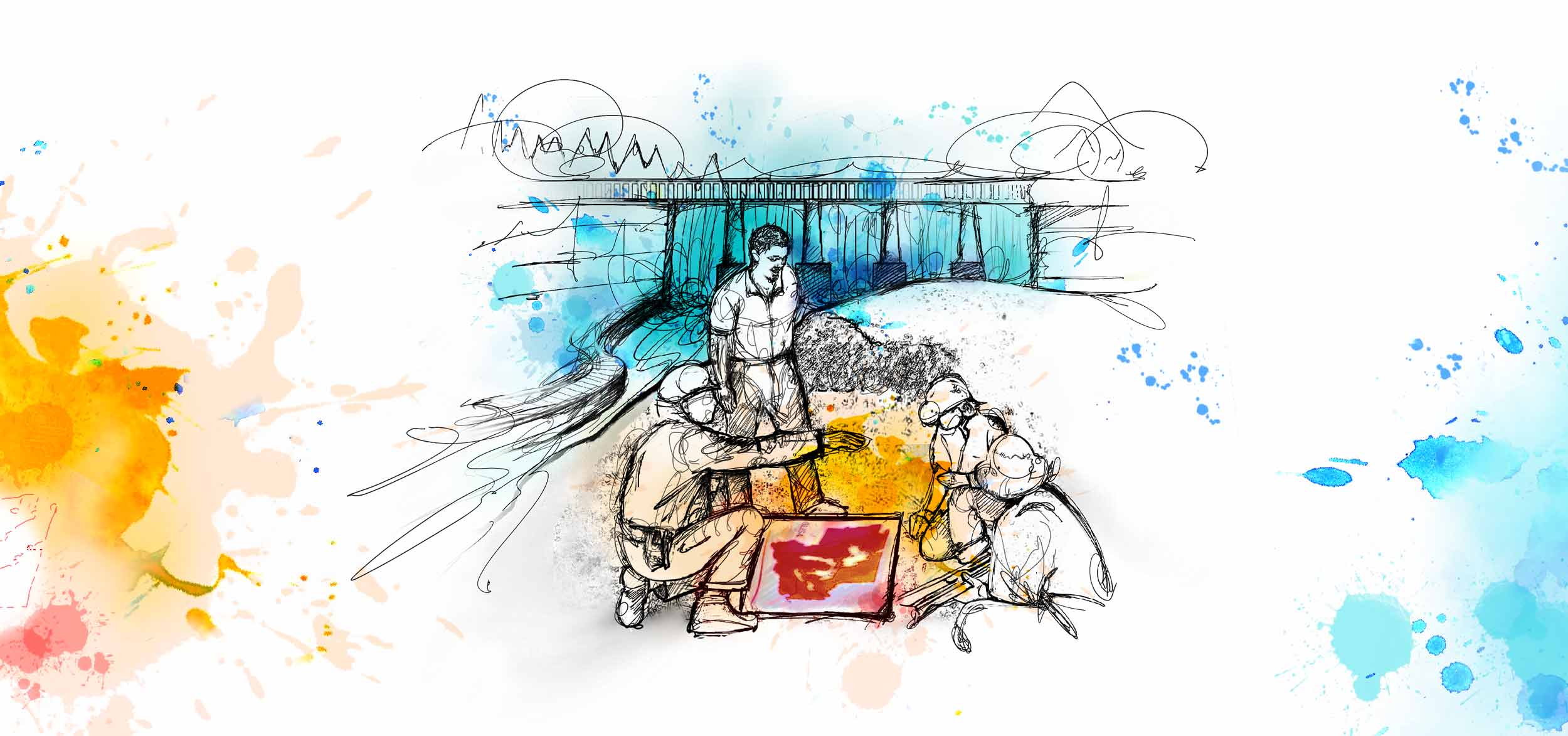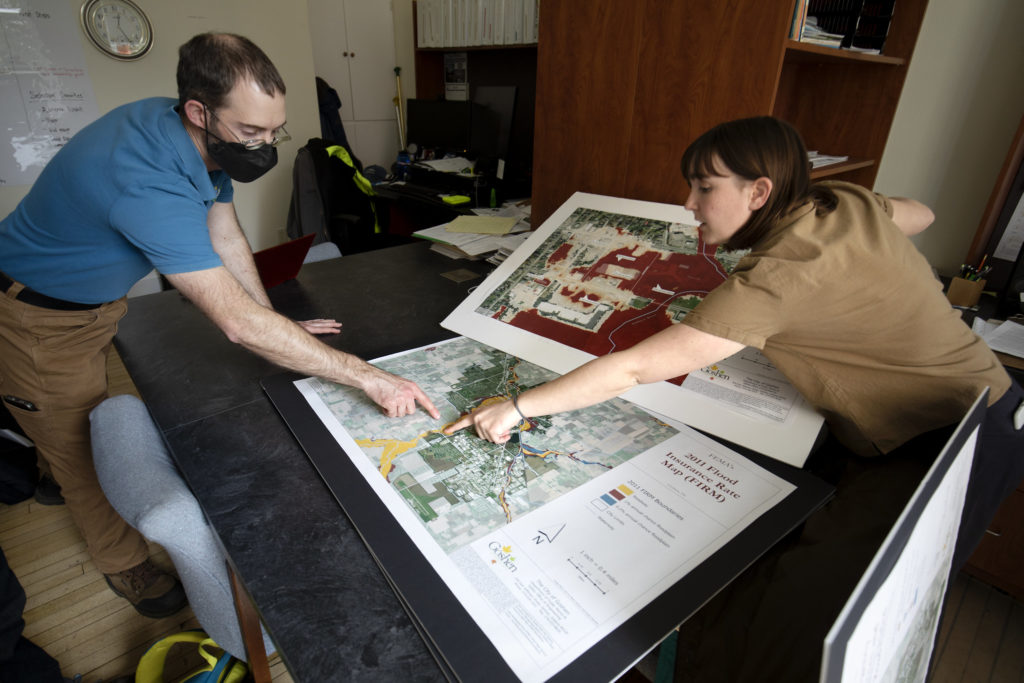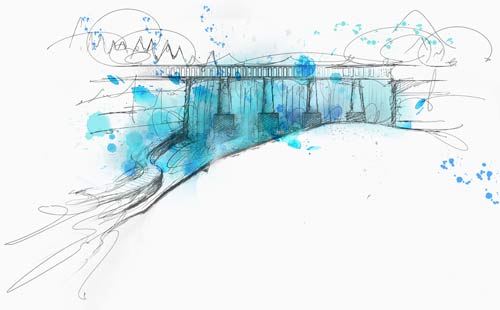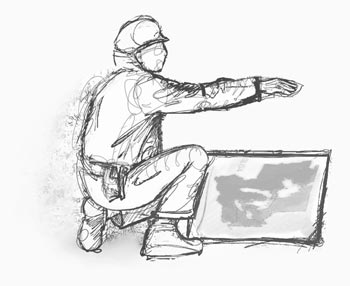
Extreme weather resiliency
A U-M program helps small-town America adapt in the face of extreme weather
To prevent disaster in the decades ahead, towns across the country are searching for ways to adapt and protect their communities. Through the Great Lakes Integrated Sciences and Assessments (GLISA), Michigan Engineering experts are working to help small and mid-sized cities plan for a future that will be shaped by a changing climate.

While GLISA’s methods use the latest climate data, state-of-the-art number crunching and innovative combinations of weather and socioeconomic data, its strategy centers around linking people and resources together through shared trust, goals and a sense of community. By placing community expertise and input at the center of decisions, engineers can work to find sustainable, effective solutions that close gaps in communities across America, elevating all people.
“You can look across the upper Midwest, and you’ll see what we have called 500-year floods are recurring every few years,” said Richard Rood, GLISA co-founder and Michigan Engineering professor of climate and space sciences. “And many of these cities are working with infrastructure that was a hundred years old. Even if it has been well maintained, it was designed to climate and weather specifications that are actually no longer true.”

Supported by the National Oceanic and Atmospheric Administration, GLISA has operated in more than a dozen cities across the country. GLISA helps communities by finding, funding and linking together a series of small organizations that have shared interests, local knowledge and are trusted by the public. Additionally, GLISA provides funding to these organizations in the form of small grants. To prevent projects from getting bogged down, they coordinate the efforts of those organizations toward a larger, common goal.
Michigan Engineering experts hope their mitigation and adaptation work through programs like GLISA will help communities across the country prepare for the future.
